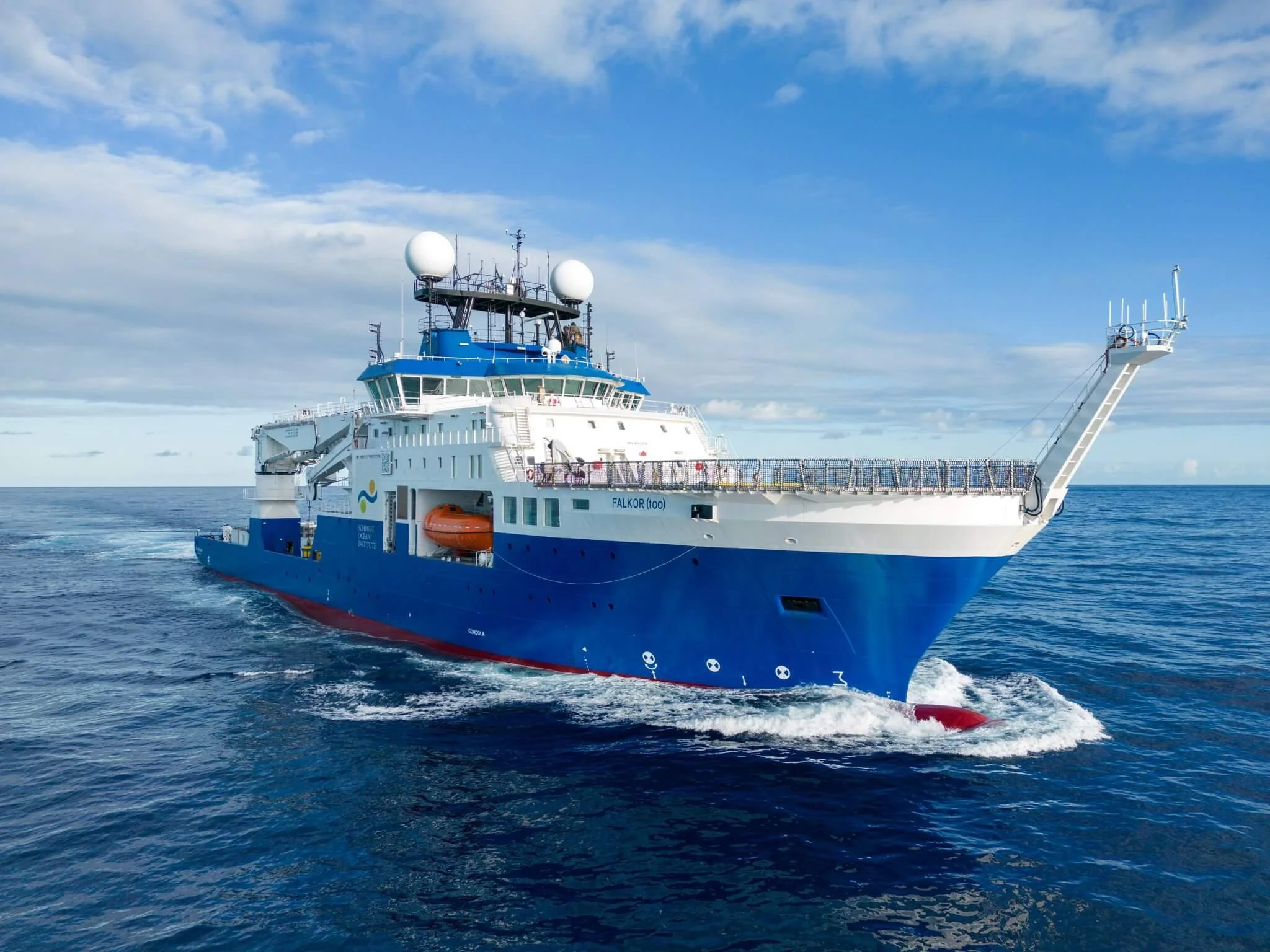As a Tech Couple Looks to the Oceans, Saving Blue Whales Emerges as a Priority
/When Marc and Lynne Benioff announced their oceans initiative last year, it could have gone in any direction, by design. We now know a little more by looking at its first funding priority, which seeks a solution, likely technology-based, to a very specific marine wildlife problem.
After launching in September with a wide-open approach to ocean issues, the Benioff Ocean Initiative chose its first grant program: preventing ships from colliding with blue whales. The initiative has committed $1.5 million to research on finding and implementing solutions to the problem. Ship collisions are a top cause of death for certain whales, including blue whales, an ecologically significant and revered species. Funding will go toward fixes for the problem, driven by science and/or tech innovations.
Related:
- What a Dive into Saving the Oceans Tells Us About a Top Tech Philanthropist
- One Small Funder That's Been a Big Friend to New England’s Coast
It will be the first wave of funding to come from a unique grantmaking program, in which the topic of oceans was broadly put to the public, which then submitted issues of concern that they would want the initiative, based at UC Santa Barbara and led by Professor Douglas McCauley, to take on. Now that the first problem has been selected, there’s an open call for proposals to solve it.
It’s a little like other internet-based philanthropic prizes and challenges such as the Knight Foundation’s challenges or the X-Prizes, but those typically have narrower focuses, posing a particular problem or goal to the crowd. The most prominent such “you-tell-me” initiative to emerge lately is, of course, the MacArthur 100&Change program, which is calling on the public to solve one really big problem, instead of a series of smaller problems, as BOI appears to be tackling.
We’ve commented on the pluses and minuses of such open competitions before, and one positive that jumps out about this one is how low-impact the application process is, at least in the early phases. Both the submissions for problems and solutions are quite short and simple, which makes for a more inclusive and less labor-intensive process for those interested.
Related: The Perils of All These Prizes
The ideas submitted to date also provide an interesting, if anecdotal snapshot of what people are concerned about when it comes to marine issues. Out of 90 submissions on the site, the most common category is ocean plastics, a large public concern that doesn’t get as much philanthropic support as you might expect. The next most popular category was proposals related to fishing, which is already an issue that's drawn lots of attention from funders. Then came whales, dolphins, marine mammals; habitat change; and down at the bottom, climate change. Sigh.
But this isn’t American Idol, and the problem the Benioff Ocean Initiative selected was one you might not expect. While there are many marine conservation and wildlife funding programs—it’s one of the most popular philanthropic issues, hands down—taking on collisions between ships and blue whales is a unique focus.
It’s quite a niche area, even more specific than one of the two public submissions that inspired it; one of the proposals sought a more comprehensive strategy to improve the shipping industry that addressed collisions, emissions and ocean noise.
But zooming in on collisions made a closer fit for the program’s criteria, which require science-driven solutions, fast results (one to two years), and something achievable with about a million dollars.
So we’re talking about low-hanging fruit that’s solvable with science, and there’s a particular emphasis on innovation and development of new technology—not surprising, given the Silicon Valley couple behind the funding. While a more system-wide approach to environmental impacts of the shipping industry might have had a farther reach, it’s clear this program is looking for clever solutions that produce distinct outcomes.
Related: The Many Foundations and Billionaires Trying to Fix the World’s Fisheries



















